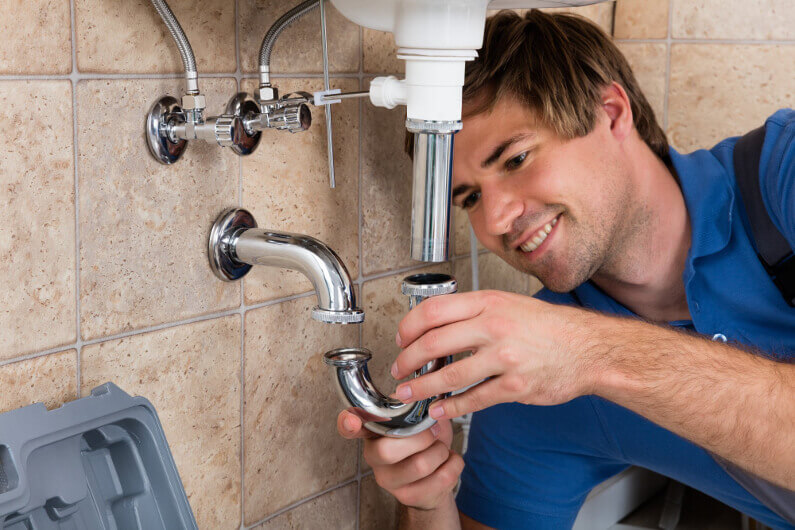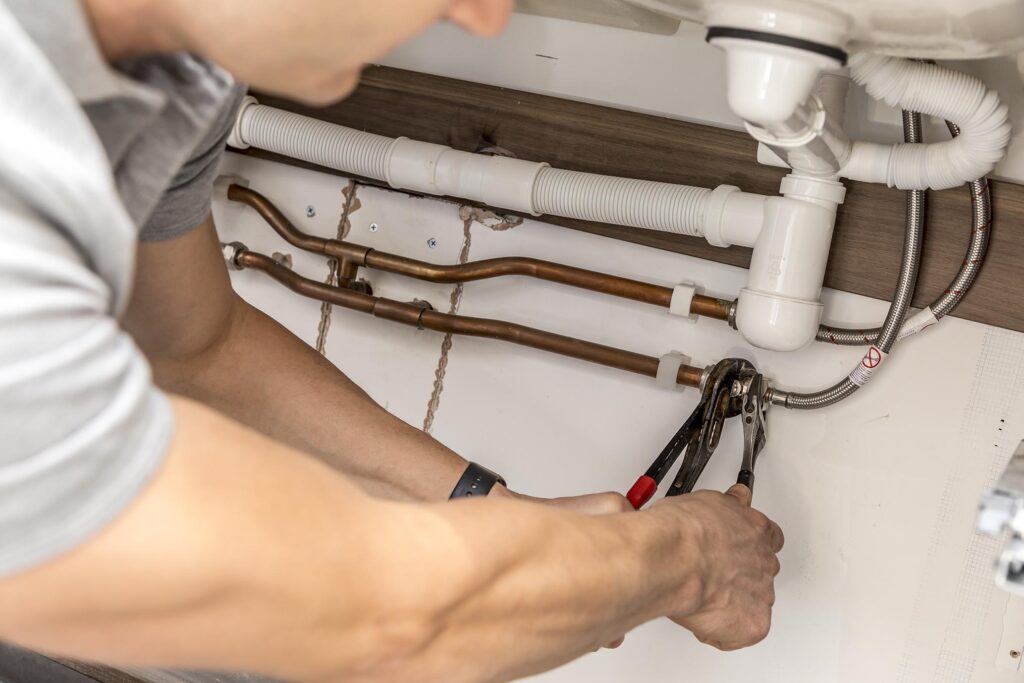When embarking on the exciting journey of building a new home, one of the critical aspects to consider is the plumbing system. Ensuring that your plumbing is efficient from the outset can save you from future headaches and costly repairs. Preventing clogs in new plumbing systems is crucial for maintaining a smooth and functional home environment.
As a homeowner or real estate developer, understanding how to prevent these issues is paramount. Not only does it ensure the longevity of the plumbing infrastructure, but it also enhances the overall value of the property. In this article, we will delve into various strategies and considerations essential for preventing clogs in your new home’s plumbing systems.

1. Understanding Plumbing Systems
A well-designed plumbing system is the backbone of any home. It is essential to familiarize yourself with the basic components of plumbing, including pipes, drains, and fixtures. Knowing how these elements work together will help you anticipate and prevent potential problems.
Components of a Plumbing System
Plumbing systems consist of two main subsystems: the water supply system and the drainage system. The water supply system delivers fresh water to your home, while the drainage system removes wastewater. Both systems need to be properly maintained to function optimally.
The Importance of Pipe Quality
Choosing high-quality pipes is crucial in preventing clogs. Opt for materials that are durable and resistant to corrosion. This ensures that your plumbing will remain in good condition for years to come, reducing the likelihood of clogs and leaks.
2. Proper Installation Techniques
Proper installation techniques are vital in ensuring that your plumbing system operates efficiently. Employing skilled professionals who adhere to industry standards is essential for avoiding common pitfalls.
Professional Plumbing Services
Hiring a licensed plumber can make a significant difference in the quality of your plumbing installation. Professionals have the experience and knowledge to install systems correctly, reducing the risk of future clogs and other issues.
Adhering to Building Codes
Compliance with local building codes is essential for ensuring that your plumbing system is safe and effective. These regulations are designed to protect homeowners and ensure that plumbing systems are installed correctly.
3. Choosing the Right Fixtures
Selecting the appropriate fixtures for your home can significantly impact the efficiency of your plumbing system. Energy-efficient and water-saving fixtures not only reduce utility bills but also help in preventing clogs.
Water-Saving Toilets and Faucets
Installing water-saving toilets and faucets can reduce the amount of water flowing through your system, minimizing the risk of clogs. These fixtures are designed to use less water without compromising performance.
The Role of Garbage Disposals
While garbage disposals can be convenient, they can also contribute to clogs if not used correctly. Ensure that only appropriate waste is disposed of in the disposal to prevent potential blockages.
4. Regular Maintenance Practices
Routine maintenance is key to ensuring the longevity and efficiency of your plumbing system. Regular inspections and cleaning can prevent minor issues from becoming major problems.
Cleaning Drains and Pipes
Regularly cleaning your drains and pipes can prevent the buildup of debris that leads to clogs. Using safe and effective cleaning products can help maintain clear and functional plumbing.
Scheduling Annual Inspections
Annual plumbing inspections by a professional can identify potential issues before they become serious problems. These inspections help ensure that your system remains in good working order.
5. Landscaping and Outdoor Considerations
The landscape surrounding your home can impact your plumbing system. Proper planning and maintenance of outdoor areas can prevent issues such as root intrusion, which can lead to clogs.
Tree Placement
Be mindful of tree placement when designing your landscape. Trees with invasive roots can damage pipes, leading to leaks and clogs. Consider planting trees away from main water and sewer lines.
Proper Drainage Systems
Installing appropriate drainage systems around your home can prevent water from pooling and causing damage to your foundation and plumbing.
6. Educating Occupants
Educating the occupants of your home about proper plumbing use and maintenance is an effective way to prevent clogs. Awareness and good habits are essential in maintaining a functional system.
Responsible Water Usage
Encourage responsible water usage among family members to prevent excessive strain on the plumbing system. Simple habits like turning off the tap while brushing teeth can make a significant difference.
Avoiding Harmful Substances
Educate occupants about the harmful substances that should not be flushed or poured down drains, such as grease, oil, and non-flushable wipes. These substances can easily cause clogs.

FAQs
1. How often should I have my plumbing inspected?
It is recommended to have your plumbing inspected annually by a professional to ensure its proper functioning and to address any potential issues.
2. Can I prevent clogs without professional help?
While professional help is beneficial, homeowners can take preventive measures such as regular cleaning of drains and educating household members about responsible plumbing use.
3. What should not be flushed down the toilet?
Items such as non-flushable wipes, sanitary products, and excessive amounts of toilet paper should not be flushed as they can cause clogs.
For more information on how to maintain your new home’s plumbing system, visit our detailed guide on water supply lines and explore our tips on filtration system installation. For a comprehensive understanding of plumbing basics, you can also check out this external resource.
This article contains affiliate links. We may earn a commission at no extra cost to you.




